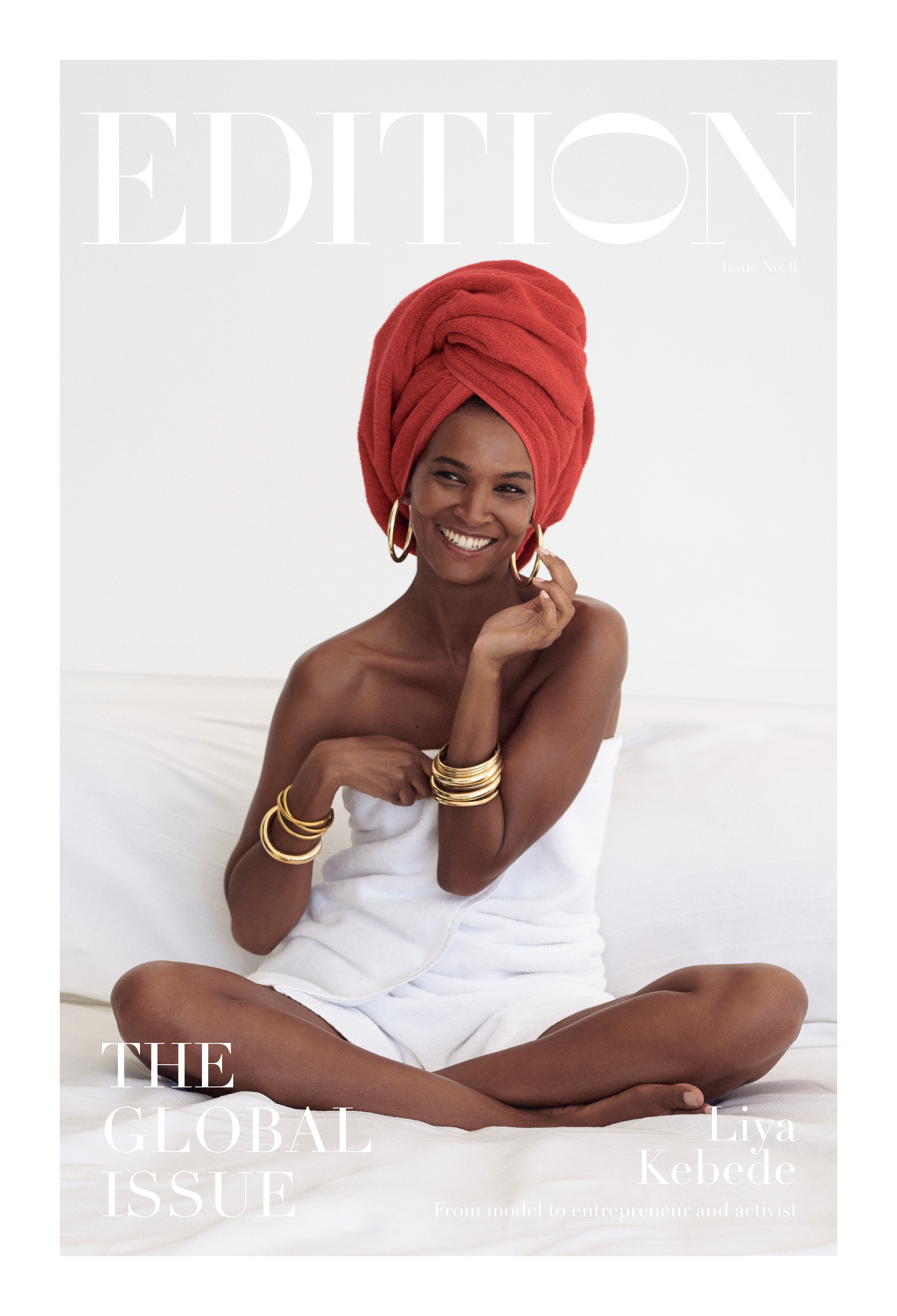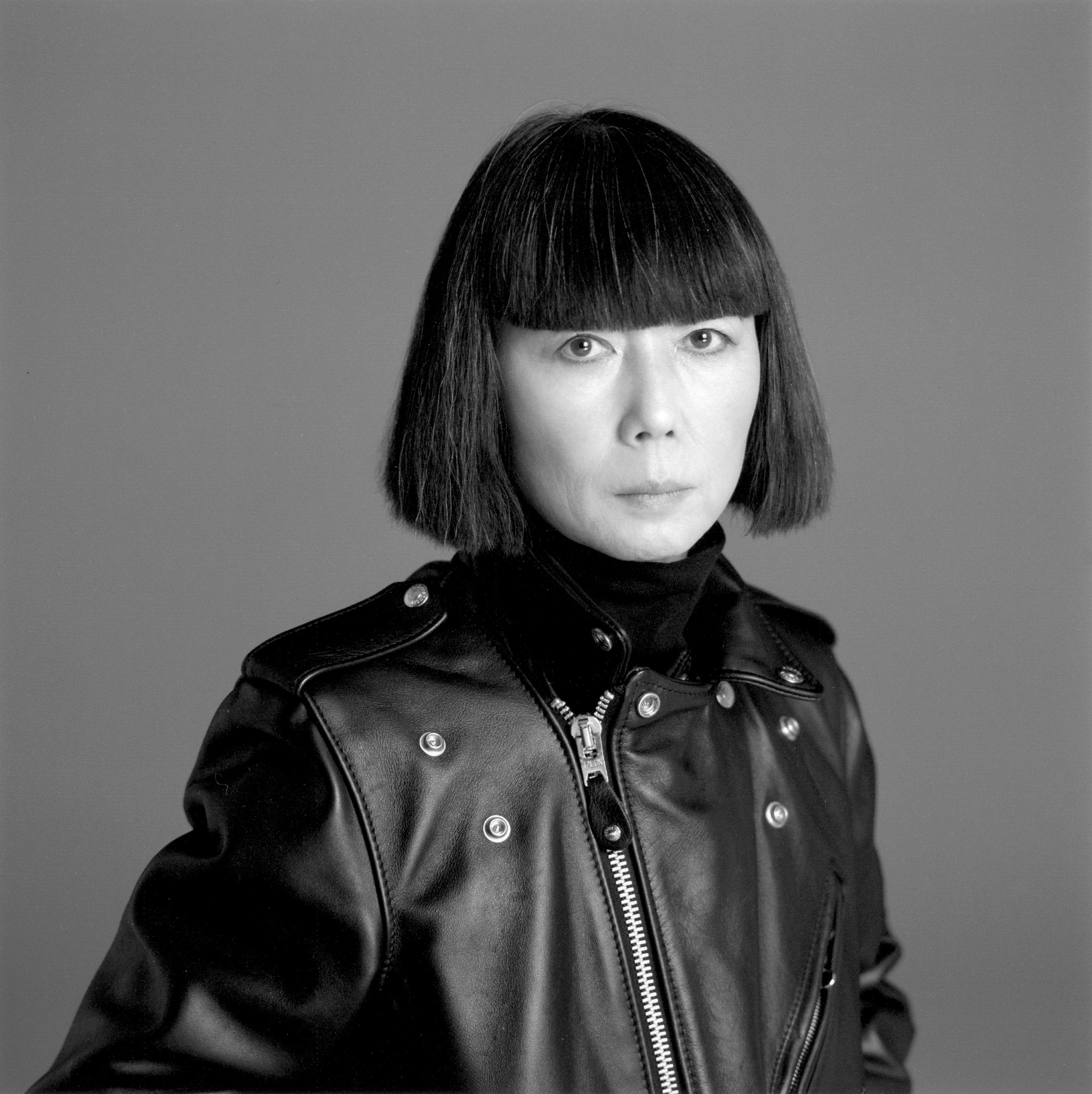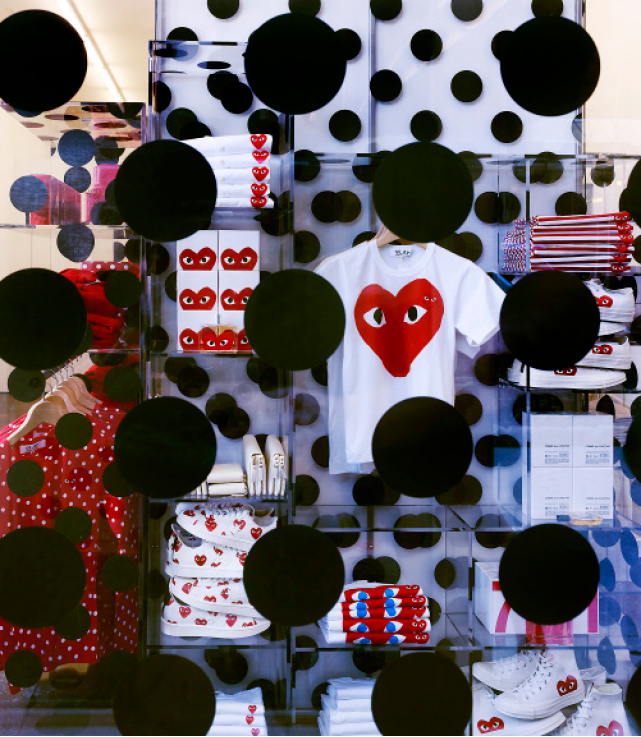
Global Issue
Global Issue: Editor’s Letter
Editor’s Letter
John Fraser
The Michelin-starred chef has a story to tell you through his cooking
Pundy’s Picks for Conscious Travel
Six tips for considered and conscious travel
Genmaicha Martini Recipe
The classic martini plus the health benefits of green tea
The Spread Love Project by Nicholas Konert
How Nicholas Konert’s rainbow heart design became an international icon
Wade Davis
Anthropology is the antidote to today’s nativism says the scholar and author
Carla Sozzani
The future of retail according to the founder of legendary concept store 10 Corso Como
The Art of Migration
The power of art to inspire empathy and social action
John Pawson
Zen Buddhism and minimalist purity drive the celebrated architect
Amy Duncan
As the CBD line Mowellens expands into skincare, its founder shares the personal story behind her company
Sila Sveta
Moscow’s favorite media studio finds the perfect balance between art and commerce
David de Rothschild
In his calls for environmental awareness, the modern explorer finds harmony between man and nature
Can Fashion Be Sustainable?
Shaping a better world through what you buy – or don’t
Brendon Babenzian
Supreme’s former creative director wants to end the cycle of consumption with his new brand Noah
Lily Kwong
Nature invades the urban jungle in the landscape designer’s expansive projects
House of Yes
Behind the scenes with the Bushwick nightlife collective promoting inclusivity and consent culture
Vivie-Ann Bakos
DJ Extraordinaire
Chez Dede
A medium in which two world-traveling, adventurous spirits absorb the globe’s vast curiosities and share them freely
Jesse Israel
A meditation guide for extraordinarily large groups
Liya Kebede
The Ethopian model, activist, and entrepreneur uses her label Lemlem as a force for change

Adrian Joffe is far too unfailingly thoughtful, considerate, and measured to describe himself as some sort of anti-establishment radical. He’s one of the most revered and recognized CEOs in the fashion industry, yet also someone who describes his preferred decision-making process as involving collaborative discussions, long walks, and “self-doubt”—hardly the self-aggrandizing pose struck by most in his position. Joffe even goes so far as to describe the whole notion of being a boss as “demotivating” (as compared to being a leader, which he most certainly is).
Yet there is something heroic in Joffe’s commitment to speaking so frankly and humbly about the process, one that has made his wife Rei Kawakubo’s iconic Comme des Garçons label into the epitome of forward-looking chic, and the Dover Street Market shops that Joffe oversees into some of the most prestigious retail locations in the world.
Kawakubo and Joffe met in 1982 when he traveled to her native Tokyo on behalf of his sister’s business, somewhat by accident. (He had originally planned on traveling to Tibet.) Kawakubo was already a legend within the fashion industry, part of a generation of Japanese designers who had transformed the industry with a sleekly experimental, futuristic vision. But her Comme des Garçons label was a niche enterprise that struggled to balance making a profit with Kawakubo’s commitment to innovative conceptual designs (and her distaste for the repetitive, high-profit margin items—such as handbags —that support big labels).
He started working for Comme des Garcons in 1987 in Paris and became its president in 1992. Joffe would not have been the obvious choice to head the company: he has no business training and famously studied Zen Buddhism at university. Born in South Africa, he attended school in the United Kingdom and ended up in Japan. By his own admission, he remains willfully not business-minded, going so far as to describe making a profit as “a secondary priority.” Yet that contrarian impulse has made him the ideal partner for a designer who has publicly declared that she will never repeat herself, a daunting challenge for a 46-year-old avant-garde fashion label in an increasingly high-speed fashion market.
Joffe and Kawakubo have been partners in life, as in business, since 1992. Over the years they’ve maintained an unusual arrangement; he lives in Paris while she lives in Tokyo.
Kawakubo is notoriously publicity-shy and Joffe gives all interviews, though he is very cautious to not speak on her behalf. Yet the trust inherent in their relationship has allowed Joffe to pursue a remarkably organic strategy as president of, first, the Comme des Garçons label and, for the past decade-plus, the Dover Street Market stores, fusing conceptual design into practical commerce, mixing emerging designers with powerful brands, and creating an environment that feels like a cross between a department store and an art installation.
Joffe has fruitfully expanded Kawakubo’s philosophy of constant innovation into a business ethic that guides the entire enterprise. “We’re not a sentimental company and we believe that new is good. We never do a carbon copy,” he says. “But on the other hand, it doesn’t make any sense to do something completely different. We always like to keep the same DNA and the same concept of beautiful chaos, creative synergy, energy, mixing, and even accidents….” So while most brands would focus on opening their own shops, Comme des Garçons opened Dover Street Market, incorporating the label into a multi-brand concept store that was located in a previously unglamorous corner of London.
The store broke numerous rules—managing to be both inviting and intimidating, with an unusual mix of emerging designers and established brands, all set within a mish-mashed environment that has become the store’s signature aesthetic.
“I try to keep Dover Street with the same values as Comme des Garçons,” Joffe explains, “creating something new, something original, or something that’s going to surprise you. I think that shared philosophy is very important for informing each business.” That loosening of restrictions has allowed Comme des Garçons to flourish while Dover Street Market has expanded to become a global retailer, with locations in Tokyo and New York, and an upcoming relocation of the London store that will be three times the size of the original.



Art & Culture
The power of art to inspire empathy and social action
Zen Buddhism and minimalist purity drive the celebrated architect
Moscow’s favorite media studio finds the perfect balance between art and commerce
Behind the scenes with the Bushwick nightlife collective promoting inclusivity and consent culture
DJ Extraordinaire
A medium in which two world-traveling, adventurous spirits absorb the globe’s vast curiosities and share them freely
A meditation guide for extraordinarily large groups
Experiences
Moscow’s favorite media studio finds the perfect balance between art and commerce
In his calls for environmental awareness, the modern explorer finds harmony between man and nature
Behind the scenes with the Bushwick nightlife collective promoting inclusivity and consent culture
DJ Extraordinaire
Food & Drink
The Michelin-starred chef has a story to tell you through his cooking
Six tips for considered and conscious travel
Personalities
Style
The classic martini plus the health benefits of green tea
How Nicholas Konert’s rainbow heart design became an international icon
As the CBD line Mowellens expands into skincare, its founder shares the personal story behind her company
Nature invades the urban jungle in the landscape designer’s expansive projects
The Ethopian model, activist, and entrepreneur uses her label Lemlem as a force for change

